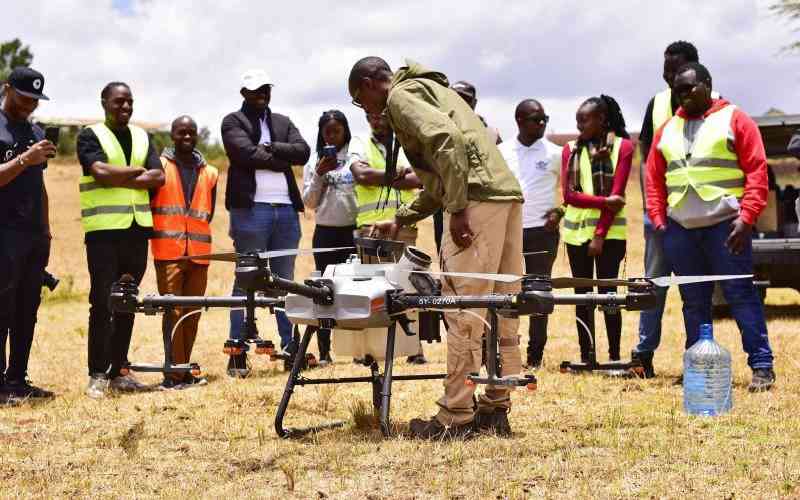×
The Standard e-Paper
Informed Minds Prefer The Standard

Audio By Vocalize

Kenya has emerged as a leader in the African tech scene, with a thriving ecosystem of startups and entrepreneurs driving growth in the industry.
The country has become a hub for innovation, producing successful companies now exporting technology products and services worldwide. The innovative solutions have revolutionised how government works, interacts, interfaces and engages people.
